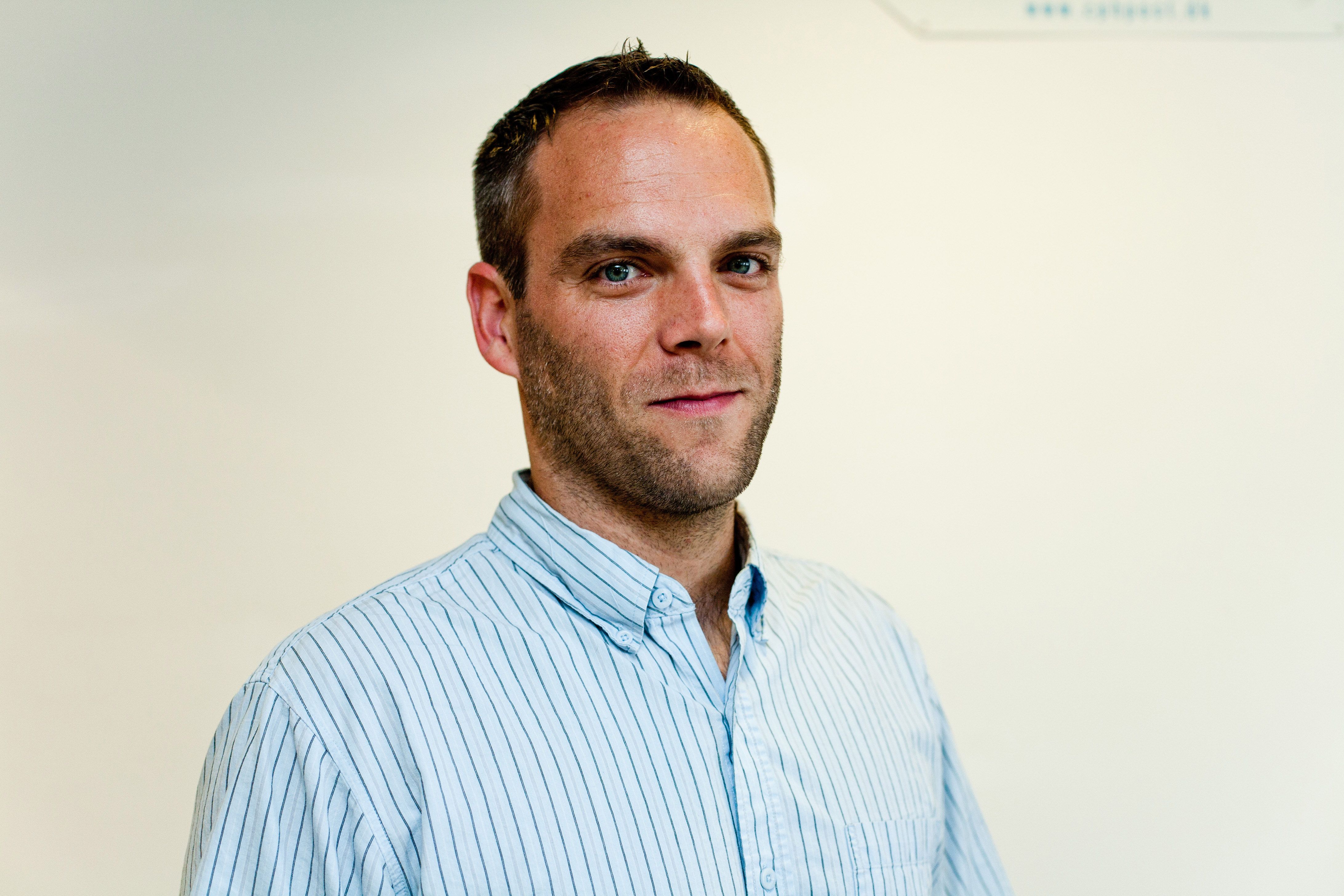After seven and a half years of marriage, my wife has learned that when a certain mumbling arises over the morning newspaper, she should brace herself for an angry diatribe.
Such was the case a few weeks ago when I read about a study conducted by University of Copenhagen researcher Martha Sif Karrebæk that detailed the public shaming that young, immigrant-background children received at the hands of their ethnic Danish teacher. The small children’s offence was daring to eat a lunch that didn’t consist of that staple of the Danish diet: rugbrød (dark rye bread).
Karrebæk spent a year observing the lunchtime interactions of a school’s kindergarten class (kids aged 5-7) in Copenhagen. What she saw was the class’s teacher, ‘Louise’, an ethnic Dane, constantly harassing the minority students over the contents of their lunchbox, or more specifically the lack of rugbrød.
‘Louise’ meticulously inspected the minority students’ lunchboxes and castigated them for either not having rugbrød or for daring to eat their other, non-rugbrød food items first. In response, the children would resort to hiding their food – often food representative of their own cultural heritage – from the teacher and sneaking bites when she wasn’t looking.
In one particularly heartbreaking example, ‘Zaki’, a boy of Somalian descent, was told that he shouldn’t eat his sausage rolled in Arabic flatbread and should instead eat his rugbrød. Karrebæk details how Zaki seemed “very happy” with his flatbread, until ‘Louise’ told him to put it away. He then slowly unwrapped and took a few small bites of rugbrød before sneaking a bite or two of his flatbread. At one point he grabbed the flatbread “with signs of great pleasure” before the teacher returned and forbade him to eat it. At the end of lunch, neither item was eaten, probably resulting in a long, hungry afternoon for Zaki.
Both ‘Louise’ and the school’s headteacher defended their approach, arguing, as Karrebæk put it, “the superiority of rye bread”. The headteacher said that many of the non-Danish students did not get the “right” kind of lunch, which begs the obvious question: right for whom? Why should a child be brainwashed into thinking that the Arabic flatbread that their parents have packed for them is not “right”, while the typically Danish rugbrød is?
Karrebæk’s study revealed elements of almost everything that annoys me about Denmark: racism, conformity and an overarching belief that everything, regardless of what it is, is better when it is ‘Danish’.
That there is a racial undertone in the teacher’s actions is unquestionable. Karrebæk witnessed one ethnic Danish student, ‘Mathilde’, never once bringing rugbrød in her lunchbox and yet never receiving a single comment about it from the teacher. Meanwhile, those minority students who didn’t bring rugbrød were told repeatedly that their food – packed for them, it should be remembered, by their own mom and dad – was unacceptable, unhealthy and even that the teacher “pitied” them for the contents of their lunch.
I’d often wondered about Danes’ obsessive worship of rye bread, and it has on more than one occasion led to minor spats between my wife and I. But with this sort of thing indoctrinated into young, impressionable minds, it is no wonder that every single Danish kid’s lunchbox looks nearly the same. In a land of conformists, who would dare subject themselves to the humiliation of not eating the same thing as Little Jens sitting next to you?
This conformist behaviour was displayed by one Danish parent in the study who thought the focus on the kids’ lunch was exaggerated but nevertheless “conformed to the expressed norm”. Those immigrant families that refused to give in to the norms – good on them, I say – were disparaged by ‘Louise’ as “difficult to co-operate with in general”.
The argument is always that rugbrød is so wonderfully healthy. But just a few weeks ago, it was revealed that many bakeries’ ‘gourmet breads’, variations of rye bread included, have incredibly high salt content. And anyone who thinks that slapping a piece of processed, red salami on a piece of rugbrød magically makes a healthy lunch is kidding themselves.
As someone living with a Danish wife and half-Danish children, I’ve had the rugbrød debate many times. The merits of the bread aside, what pains me about Karrebæk’s study is that it drives home the fact that my kids will face a society that seeks to snuff out anything different and views conformity as something to be strived for and encouraged.















